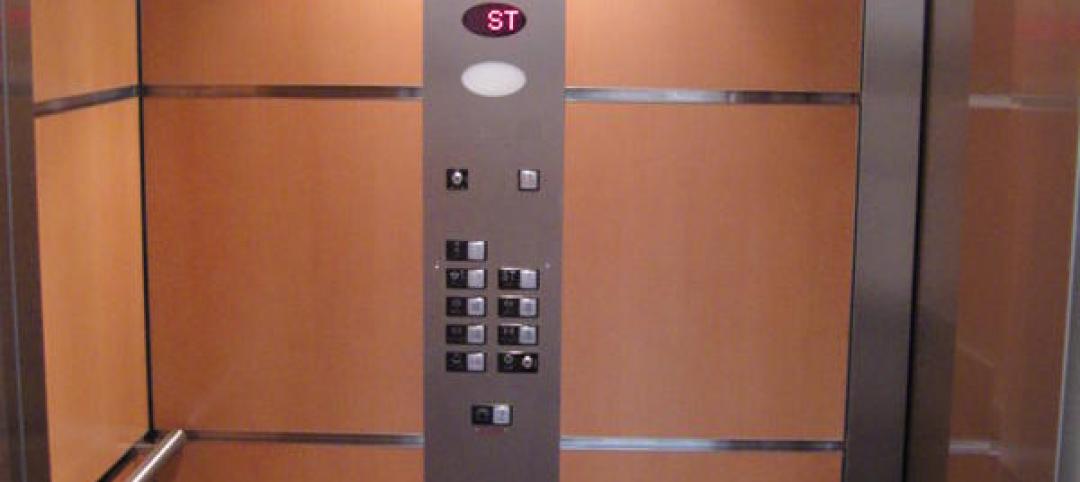New York State has expanded it prevailing wage law to include private projects worth $5 million or more and that have received public subsidies of at least 30% of total construction costs.
Gov. Andrew Cuomo signed the provision as part of the fiscal year 2021 budget on April 3. The definition of public subsidy includes:
· Direct or indirect payments by a public entity to contractors, subcontractors, developers, or owners that do not have to be repaid
· Savings from fees, rents, interest rates, other loan costs or insurance costs that are below market rate
· Savings from tax credits, tax abatements, tax exemptions, tax increment financing and payments in lieu of taxes
· Any other cost savings due to the involvement of a public entity
· Loans that are to be repaid on a contingent basis, and credits against loan repayments or other obligations.
There are exemptions such as tax credits for brownfield remediation and redevelopment. Projects not covered under the new law include owner-occupied single- or two-family dwellings, properties of four dwellings or less, certain not-for-profit projects, construction work performed under select pre-hire collective-bargaining agreements, projects funded by the state’s Urban Development Corporation Act or Downtown Revitalization Initiative, and certain school, historic, and renewable energy projects.
Related Stories
| May 3, 2012
Green-roof requirement now includes industrial facilities in Toronto
A mandate that requires installation of green roofs on new commercial and residential buildings in Toronto has been expanded to include industrial facilities.
| May 3, 2012
Innovative wastewater treatment helps achieve LEED rating
LEED for New Construction, Neighborhood Development and the LEED Volume Program offer some ways to achieve LEED points when dealing with wastewater treatment.
| Apr 26, 2012
Lack of bolts on steel support caused collapse at Cincinnati casino
Too few bolts connecting horizontal steel support beams with vertical steel columns was the cause of January’s construction accident at Horseshoe Casino Cincinnati, according to the report of the Occupational Safety and Health Administration.
| Apr 26, 2012
OSHA criticized for taking too long to roll out safety rules
The Occupational Safety and Health Administration takes far too long to adopt new safety regulations compared to other agencies’ development of rules, safety experts said during a Senate hearing.
| Apr 26, 2012
Contractors fear that GSA scandal will lead to fewer federal construction contracts
In the wake of the recent scandal at the General Services Administration in which workers spent lavishly at a Las Vegas conference, a spokesman for Associated General Contractors of America said contractors are worried the scandal will result in cuts to GSA's construction and renovation budgets.
| Apr 26, 2012
Developers can use LEED wastewater credits to help gain approvals in environmentally sensitive locales
Those wanting to pursue development in heavily regulated and environmentally sensitive areas are benefiting by designing projects that qualify for LEED points, even if the project as a whole does not achieve certification.
| Apr 26, 2012
New York City Council moves to license elevator mechanics
New York’s City Council introduced a measure last week that would require the city’s 7,000 elevator mechanics to meet national standards and be licensed by the city.
| Apr 23, 2012
AAMA releases updated specification for anodized aluminum
AAMA 611-12 describes test procedures and requirements for high performance (Class I) and commercial (Class II) architectural quality aluminum oxide coatings applied to aluminum extrusions and panels for architectural products.















